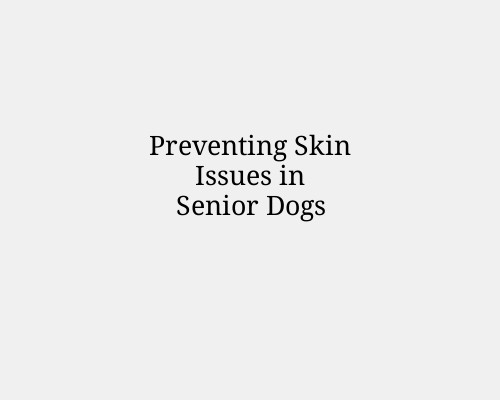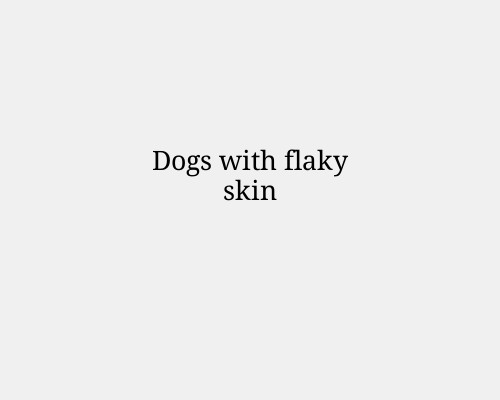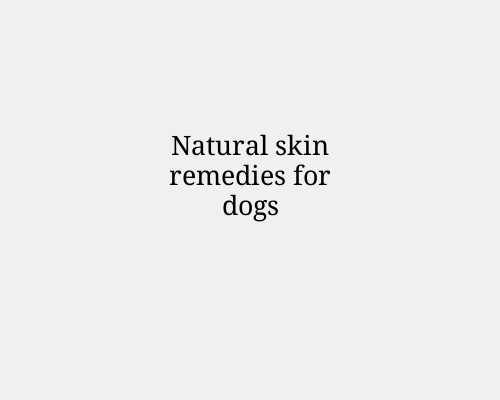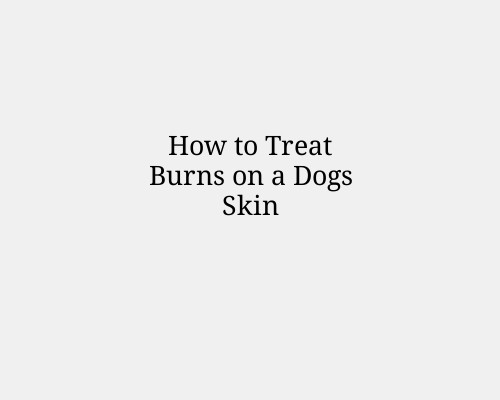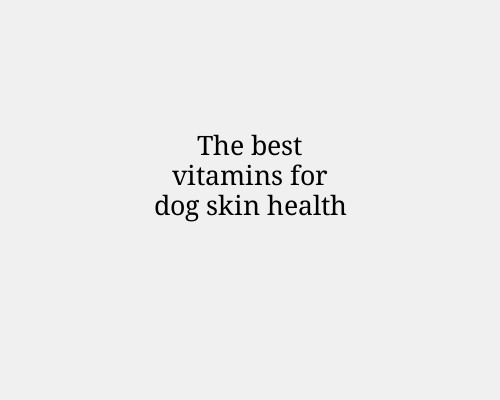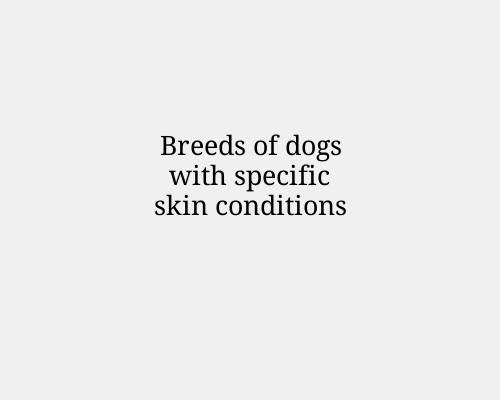Preventing Skin Issues in Senior Dogs
Preventing Skin Issues in Senior Dogs
As dogs age, their skin becomes more sensitive, and they become more prone to various skin conditions. Senior dogs require extra care to maintain healthy skin and prevent issues such as dryness, infections, and allergies. This guide covers common skin problems in aging dogs and offers practical prevention tips to keep their skin healthy.
Common Skin Issues in Senior Dogs
Dry Skin
Aging dogs often experience dry, flaky skin due to reduced oil production. Dry skin can lead to irritation and discomfort if left untreated.
Allergies
Allergic reactions may become more frequent or severe as dogs age. Allergens such as dust, pollen, or certain foods can cause skin inflammation, redness, and itching.
Hot Spots
Hot spots (acute moist dermatitis) are inflamed, infected areas that can appear suddenly. These can be caused by constant licking, scratching, or environmental irritants.
Seborrhea
Seborrhea results in greasy, flaky skin with a foul odor. It can be either genetic or caused by underlying health issues like hypothyroidism.
Infections (Bacterial and Fungal)
Older dogs may have weakened immune systems, making them more vulnerable to skin infections. Bacterial or fungal infections can cause redness, hair loss, and discomfort.
Skin Tumors and Growths
Skin lumps and growths are more common in older dogs. While not all lumps are cancerous, it is essential to have any new growths evaluated by a veterinarian.
Parasites
Fleas, ticks, and mites can cause severe irritation and skin infections, especially in older dogs with compromised immune systems.
Preventative Measures for Senior Dog Skin Health
Regular Grooming
Brushing: Regular brushing removes dead skin cells and distributes natural oils.
Bathing: Use a gentle, moisturizing shampoo formulated for dogs. Avoid over-bathing, which can strip the skin of essential oils.
Trimming Fur: Keep your dog’s fur neat and trimmed to prevent matting, which can trap moisture and lead to infections.
Balanced Nutrition
Proper nutrition plays a vital role in skin health:
Omega-3 Fatty Acids: Add fish oil or flaxseed oil to their diet to improve skin hydration and reduce inflammation.
High-Quality Proteins: Ensure your dog’s diet contains easily digestible proteins for tissue repair and growth.
Hydration: Encourage your dog to drink plenty of water to maintain healthy, supple skin.
Manage Allergies
Environmental Allergens: Keep your home free of dust and pollen. Use air purifiers if needed.
Dietary Allergens: Monitor for signs of food allergies and consult your vet if changes are needed.
Topical Products: Use hypoallergenic shampoos and creams for sensitive skin.
Flea and Tick Control
Use veterinarian-recommended flea and tick prevention products. Check your dog regularly for signs of parasites, especially after walks or outdoor play.
Moisturizing Treatments
Apply pet-safe moisturizers or coconut oil to dry areas to soothe irritation and prevent further dryness.
Skin Checks
Perform regular checks for any lumps, scabs, or unusual growths. Early detection of skin issues allows for prompt treatment.
Stress Management
Stress can worsen skin conditions or trigger excessive scratching. Ensure your senior dog has a calm environment with plenty of love and mental stimulation.
When to See a Veterinarian
If you notice any of the following signs, consult your veterinarian promptly:
Persistent itching or scratching
Red, inflamed, or oozing skin
Hair loss or bald patches
Lumps or growths that change in size or appearance
Foul odor from the skin
Signs of pain or discomfort
Conclusion
Preventing skin issues in senior dogs requires regular care, attention to diet, and close monitoring of changes in their skin. By following these preventative measures, you can help your aging dog stay comfortable and maintain healthy skin throughout their golden years.

